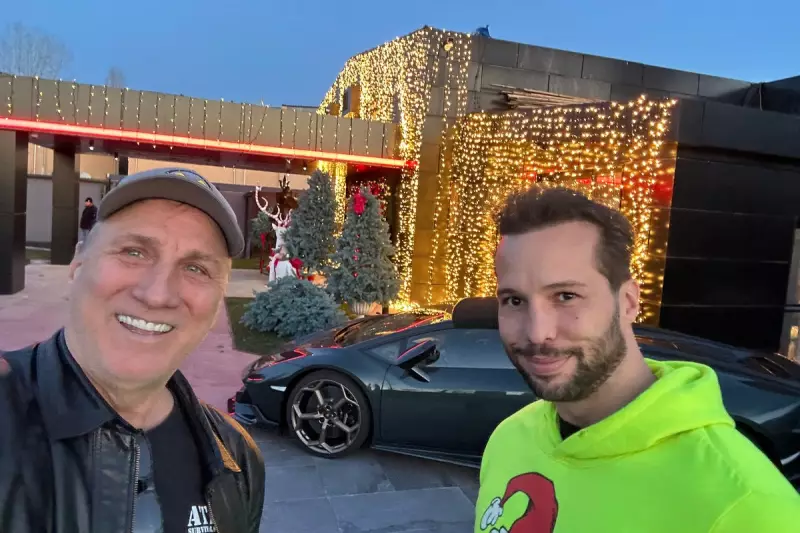
Across remote landscapes from the South Pacific to the Arctic Circle, a clandestine building boom is underway. Silicon Valley's wealthiest elites are investing millions in sophisticated underground fortresses designed to withstand everything from nuclear war to societal collapse.
The New Panic Rooms: Billion-Dollar Boltholes
Forget the modest cold war-era fallout shelters. Today's ultra-rich are constructing veritable underground cities equipped with geothermal power systems, hydroponic farms, and AI-driven security. These aren't mere survival pods but luxury compounds designed to maintain their occupants' lavish lifestyles through any catastrophe.
Gary Lynch, general manager of Rising S Company, reveals his firm has installed bunkers for numerous tech magnates seeking "insurance against existential threats." His company's projects range from $500,000 basic models to sprawling $20 million complexes with swimming pools and cinemas.
New Zealand: The Billionaires' Bunker Haven
The pristine landscapes of New Zealand have become the preferred destination for tech royalty preparing for doomsday. Peter Thiel, PayPal co-founder, famously secured citizenship and built an extensive compound there, while other Silicon Valley luminaries have followed suit.
"New Zealand offers geographical isolation, political stability, and abundant resources," explains Dr. Robert Dillon, author on disaster preparedness. "It's the perfect fortress location for those anticipating global turmoil."
The Psychology of Silicon Valley's Survivalism
This bunker-building phenomenon reflects a profound pessimism among those who supposedly shape our technological future. Having built fortunes predicting human behaviour through algorithms, they're now betting on civilization's collapse.
Dr. Bridget Konther, social psychologist specialising in elite behaviour, notes: "There's a strange dichotomy at play. These individuals are simultaneously creating our digital future while preparing to escape its potential consequences. It speaks to a deep disconnect from societal resilience."
Beyond the Bunker: The Moral Questions
The trend raises uncomfortable ethical questions about wealth, privilege, and social responsibility. While these billionaires prepare privately for disaster, critics question what resources and expertise they might contribute to broader societal resilience.
As climate scientist Dr. Evan Mills observes: "The resources poured into these private bunkers could instead fund community resilience centers, renewable energy infrastructure, or disaster preparedness programs that protect thousands rather than just a privileged few."
The sealed doors of these high-tech fortresses may protect their occupants from external threats, but they also symbolize a growing divide between those who believe in collective survival and those opting for private escape.





